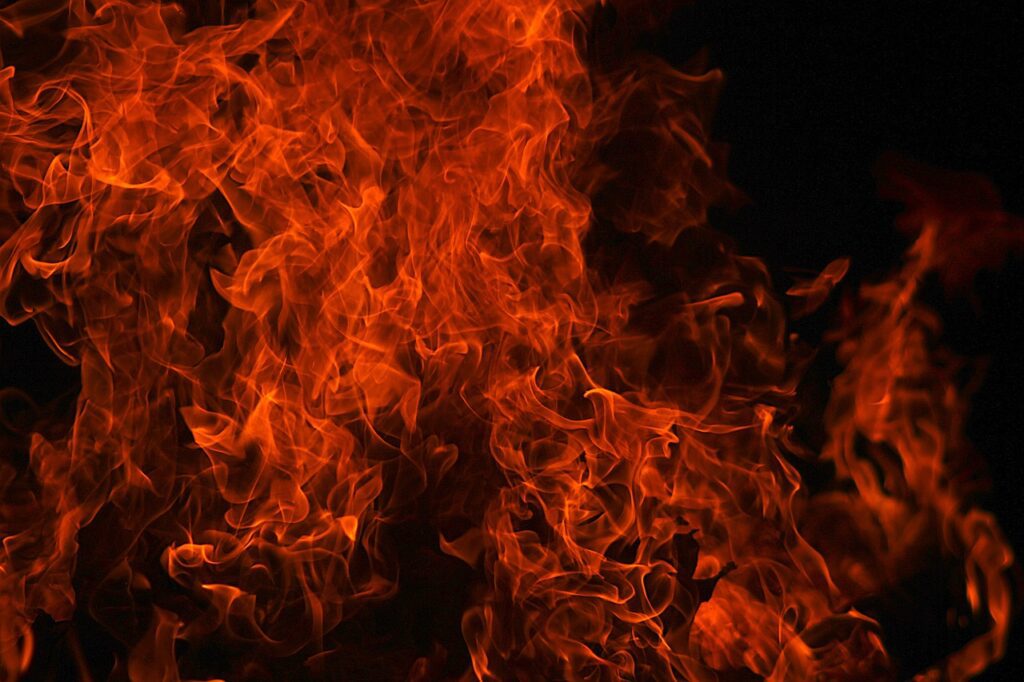No matter if you own or rent your office space work from home, or are looking for a mortgage – having hazard insurance is essential. An independent agent can find accurate quotes to make an informed decision on this coverage option.
They translate complicated insurance language, clarify and explain coverage details, and assist you in choosing a policy to safeguard your company.
Demystifying the World of Hazard Insurance for Small Businesses
Depending on where your business is situated, natural disasters or property crime could prove costly – losing inventory, equipment, or buildings due to unexpected events can be extremely expensive in today’s high-risk environment. Furthermore, mortgage lenders require it of businesses applying for SBA Paycheck Protection Program Loans or Economic Injury Disaster Loans (EIDLs).
Your independent agent can arrange for a hazard policy that safeguards both the physical assets and inventory in your business, including building protection, inventory and inventory protection as well as personal property coverage (which protects computers, technology, and other assets) including actual cash value or replacement cost coverage; replacement cost coverage tends to be more costly.
Independent agents offer business hazard insurance policies. Their agents can assist in understanding all of the options, deciphering confusing terms, and clarifying fine print so you can find a policy tailored precisely to your needs. Furthermore, they’ll compare quotes from multiple insurers for you, saving time and hassle – not only that but annually review it to make sure it still meets evolving risks in your company. Call Huckleberry now for quick and easy business hazard insurance quotes – they have convenient rates so call now for your quick quote on business hazard insurance policies!
Natural Disasters
Hazard insurance provides businesses with protection from losses they might otherwise bear out-of-pocket. For instance, should inventory become lost or damaged in a fire, your standard business property policy could help pay replacement costs or reimburse for their actual cash value? Furthermore, mortgage lenders typically require this form of coverage on properties they lease or finance; while certain government loans, like COVID-19 Economic Injury Disaster Loans (EIDL), require it in order to qualify.
Standard commercial property policies cover buildings as well as their contents – such as equipment, furniture, inventory stored within them as well as any additional structures within. Unfortunately, however, certain events such as flooding, earthquakes, acts of terrorism nuclear attacks, and war can fall outside this coverage; so to protect from them requires purchasing separate business insurance policies.
In the event of a natural disaster such as a severe storm or major fire, having this type of coverage could make a crucial difference to whether or not your business continues operating – thus justifying consulting an independent insurance agent about potential risk and coverage options for your business – they’ll know which policy best meets your individual requirements and can shop around accordingly.
Accidents
Business hazard insurance can protect your company against property damage caused by unexpected events and save you from having to use personal funds to cover it yourself. It provides financial coverage for property that your business relies on such as office furniture, inventory, electronics, and heavy equipment that might become damaged during operations.
Hazard coverage extends beyond theft and fire to cover theft, fire, and storm damage as well as theft and vandalism. Keep in mind that each policy’s maximum coverage limit can only cover up to that amount; so in order to access maximum protection you will need to keep up-to-date on premium payments so as to be ready in the event of a disaster.
Replacement or actual cash value (ACV) coverage are typically the two options available to you with hazard policies, with replacement covering the costs of replacing destroyed or damaged items with similar kinds and qualities; while ACV provides reimbursement based on current market values taking into account any depreciation over time.
As any business owner with buildings or commercial property should know, hazard insurance should be included as part of a standard business owner’s policy alongside general liability and commercial property coverage. You’ll be able to find an excellent independent agent who will shop and compare quotes for you until you find one that best meets both your needs and budget requirements.
Coverage Limits
Hazard insurance policies typically cover damages or losses up to a specified limit, and there are various deductible options for policyholders to select from. A higher deductible reduces premium costs; however, this also means greater responsibility should an event arise and incur losses.
Insurance companies determine the deductibles and coverage limits for different forms of coverage, with prices depending on factors like business type and equipment costs. Some deductibles are flat while others may be percentage-based. To find an appropriate solution, speak to an independent agent, who can review all your options and find one tailored specifically to you and your requirements.
lenders such as the Small Business Administration (SBA) require most small businesses to carry a hazard insurance policy due to most loans requiring collateral from borrowers, posing an undue risk to lenders if the property were lost as collateral for the loan. A hazard policy also serves as a financial buffer in case of natural disaster or unexpected events – for instance, if an earthquake forced your restaurant to close for several weeks or you experienced all inventory destruction during a fire, for example.
Deductibles
When selecting a hazard insurance policy, make sure to pay close attention to coverage limits, deductibles, and specific perils coverage. Selecting the ideal policy can provide your business with peace of mind should something happen to its property.
Before lending money, most lenders require that your property has hazard insurance in order to qualify for their loans since your property serves as collateral and will be taken back in case of default. Furthermore, certain state or local laws require this coverage, while in some instances additional policies such as flood coverage must also be purchased within 12 months after your business loan approval.
Small business owners understand the importance of having suitable hazard insurance in place, as natural disasters can devastate even well-established firms. With some research and the assistance of an independent agent, finding an ideal policy to safeguard your business against risks is possible – and sometimes tax deductible! Get started right away by filling out our free hazard insurance quote for your small business right now; simply answer some questions about its property and where its operations take place to see which policies may be available and get a policy set up quickly!
Specific Peril Coverage
A hazard insurance policy offers essential protection to businesses by covering the costs associated with repairs or replacement of equipment, inventory, and assets. You can buy it either independently or as an endorsement of property and general liability policies for your company. Some policies also cover earthquakes, water damage, and sewer backup. NerdWallet recommends checking out Next, Hiscox, Nationwide, and Travelers; alternatively, you could consider purchasing a Business Owners Policy (BOP), which typically offers multiple layers of hazard, property, and liability protection in one package.
Though many states do not mandate small businesses to carry hazard insurance, mortgage lenders frequently require it when giving out loans secured by equipment or property belonging to your business. They want assurance that in case anything happens that damages your collateral, you can cover its replacement so they do not lose money on your loan agreement.
Most hazard policies provide two forms of compensation when it comes to property losses or damages: actual cash value coverage and replacement cost coverage. Actual cash value policies make payments based on your property’s pre-incident value after accounting for depreciation while replacement cost coverage replaces damaged items with brand-new ones at more expensive costs.
Understanding the perils, limits, and deductibles of your hazard insurance policy is vital to finding one that’s appropriate for your business. An independent agent can assist with dissecting this jargon to find you the ideal policy and answer any queries about the claims process as well.











